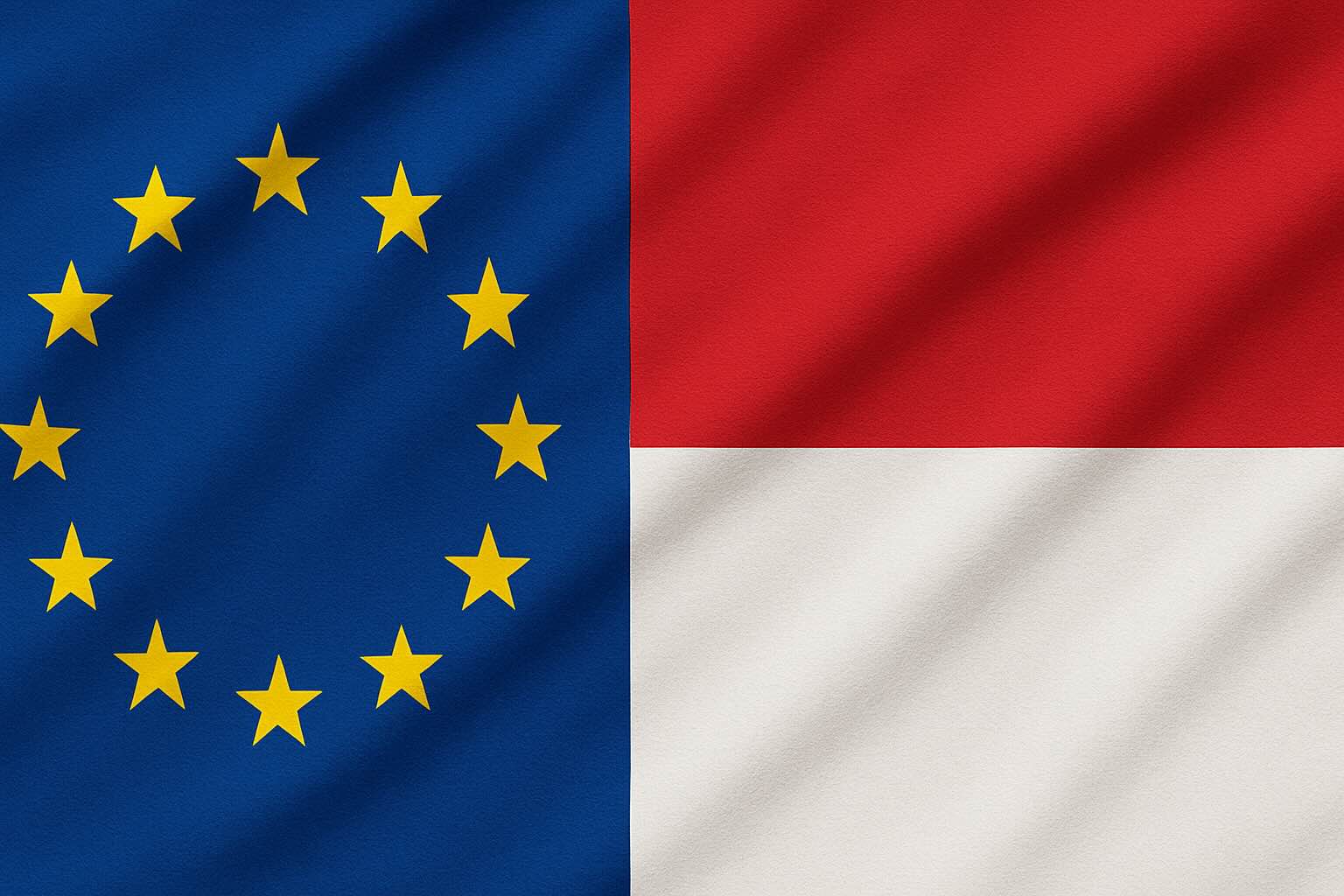The accord, commonly referred to as the Comprehensive Economic Partnership Agreement (CEPA), closes a negotiation process launched in 2016 and aims to expand market access on both sides while embedding environmental and labour provisions.
According to officials, the agreement will see tariffs removed on about 80% of Indonesian exports to the EU within one to two years of entry into force. Products set to benefit include palm oil, nickel, copper ore and footwear. In return, Indonesia will reduce duties on a range of EU exports, notably cars and machinery. Further measures address non-tariff barriers and improve procedures affecting customs and standards.
The deal is part of a broader effort by both partners to diversify trade and investment links. In 2024, EU–Indonesia goods trade was around $30 billion, with Indonesia recording a surplus. EU trade commissioner Maroš Šefčovič is expected to attend the signing ceremony. Indonesian ministers have indicated they want the agreement ratified swiftly, with application possible in late 2026 or 2027, subject to EU and Indonesian domestic procedures.
Sustainability features in the text follow the EU’s standard approach to trade and sustainable development chapters, covering labour rights and environmental commitments linked to multilateral standards, including International Labour Organization conventions and the Paris Agreement. These provisions are designed to promote cooperation and dialogue rather than create sanctionable obligations under the dispute-settlement chapter.
The agreement lands against a backdrop of longstanding sensitivities. EU deforestation rules and earlier renewable energy policies have been points of friction for palm-oil exporters, while EU industry has sought predictable access to raw materials used in clean-tech supply chains. Negotiations also had to navigate Indonesia’s policies on critical minerals and European concerns about sustainability criteria. Nonetheless, both sides maintained the objective of securing commercially meaningful market openings while establishing frameworks for cooperation on standards and enforcement.
Market access outcomes will be phased. Reporting indicates that tariff relief for a significant share of Indonesian exports will occur within one to two years after the agreement takes effect, while some sensitive product lines will be liberalised more gradually. On the EU side, tariff reductions for industrial goods such as vehicles and machinery are expected to support exporters into a market of roughly 300 million people. The parties also signal improvements on regulatory transparency and facilitation that may reduce non-tariff frictions.
Procedurally, the text now moves to legal scrubbing and translation before the EU’s ratification process. In the EU, this typically requires approval by the Council and the European Parliament; depending on the final division of competences, national ratifications may also be necessary. Indonesian authorities will undertake their own domestic steps. Officials have not provided a firm timeline, but recent statements suggest an aim for implementation within the next one to two years.
The agreement aligns with the EU’s strategy to deepen ties across the Indo-Pacific and to secure diversified access to strategic inputs for energy transition technologies. For Indonesia, the pact is expected to attract additional European investment into manufacturing and processing, including in sectors linked to batteries and electric vehicles, while preserving policy space on sustainability. Trade flows in services, where EU firms are active in transport, finance and professional services, may also grow under improved rules and disciplines once the schedules are published.
Attention will now turn to the published tariff schedules, rules of origin and the operation of the sustainability chapter. Businesses will also scrutinise any transitional arrangements for palm oil and mineral products and the extent to which customs and standards-related provisions reduce clearance times and certification costs. The Commission has indicated that its recent template on sustainable development will guide implementation, including civil-society monitoring mechanisms and cooperation platforms.
If ratified on the indicated timetable, the EU–Indonesia agreement would add a major ASEAN economy to the EU’s network of trade partners. Its effectiveness will be measured by the pace at which the tariff cuts take hold, the degree of regulatory alignment achieved in practice, and the ability of both parties to manage sensitivities over deforestation and critical raw materials within the agreed cooperation structures.
Indonesia urges EU to scrap biodiesel duties after WTO panel backs key claims
Post Views: 1,228
